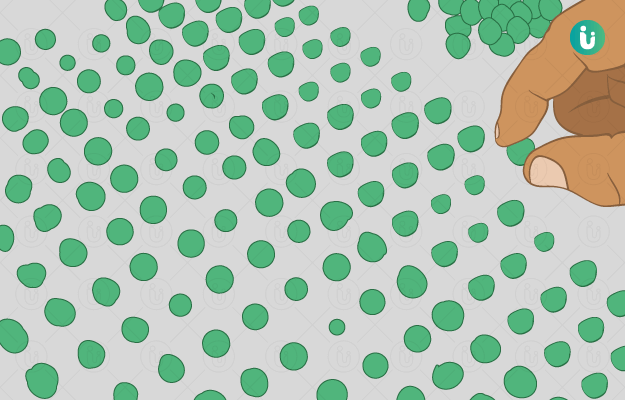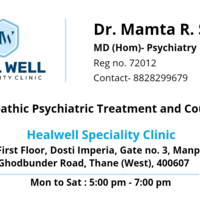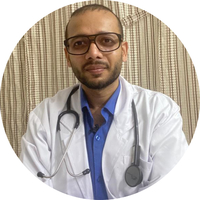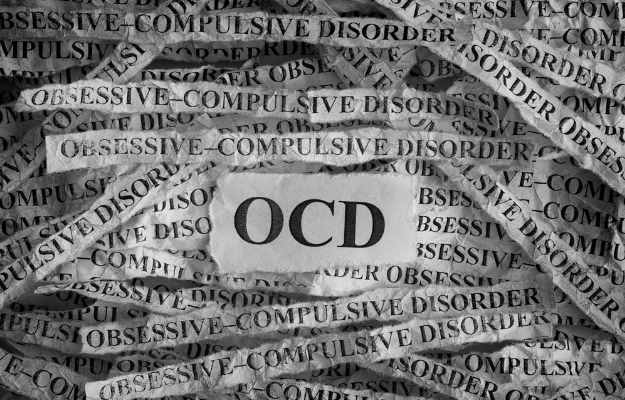What is Obsessive Compulsive Disorder?
Obsessive Compulsive Disorder (OCD) is a disorder that affects the mental health of a person. This disorder can occur in children and adults as well. A person suffering from this disorder gets caught in a cycle of unreasonable obsessions and compulsions. The person also has images, urges, and intrusive thoughts that generate feelings of distress in the person’s mind.
What are its main signs and symptoms?
The main signs and symptoms of OCD are:
- Mental images urges, and repeated thoughts that cause anxiety
- Excessive taboo thoughts including religion and sex
- Checking on things repeatedly, for example, to see if the gas is off or to see if the door is locked, hundreds of times in a day
- Having things set in perfect order, in a symmetrical pattern or in a very particular and precise way
- Compulsive counting
- Tic disorder: sudden, repetitive motor movements like shoulder shrugging, eye blinking, shoulder jerking and facial frowning. Vocal tics like making grunting sounds, throat clearing and sniffing repetitively.
- Aggressive thoughts towards self or others
- Fear of contamination or germs leading to excessive handwashing or cleaning
What are the main causes?
The main causes of OCD are:
- Abnormalities in the brain
- Environment
- Communication failures between different parts of the brain
- Genetic factors
- Abnormally low levels of serotonin
How is it diagnosed and treated?
OCD is diagnosed by conducting a psychiatric and a physical examination. The doctor will ask how much of the following symptoms of obsession and compulsion interfere with daily life, take up at least an hour of the day or become distressing.
Following methods are used to treat OCD:
- Medications: Antidepressant medications are usually prescribed to help restore the balance of chemicals in the brain. Selective serotonin reuptake inhibitors (SSRIs) are prescribed to increase serotonin levels in the brain that help control OCD symptoms
- Psychological therapy: This therapy helps control obsessive thoughts and fears
- Deep brain stimulation (DBS): This treatment is used to treat patients who have had OCD for at least five years where the brain is stimulated with mild electric currents using electrodes

 Doctors for Obsessive Compulsive Disorder
Doctors for Obsessive Compulsive Disorder  OTC Medicines for Obsessive Compulsive Disorder
OTC Medicines for Obsessive Compulsive Disorder
 Obsessive Compulsive Disorder articles
Obsessive Compulsive Disorder articles



















